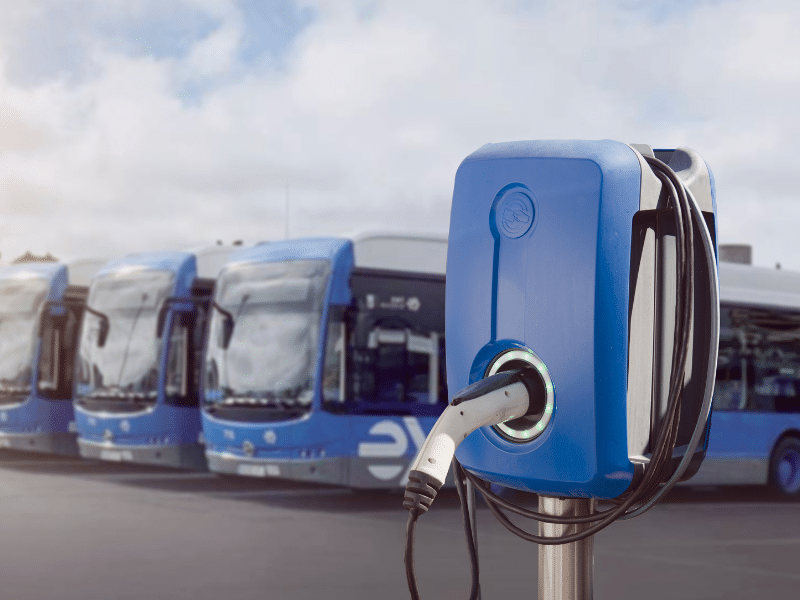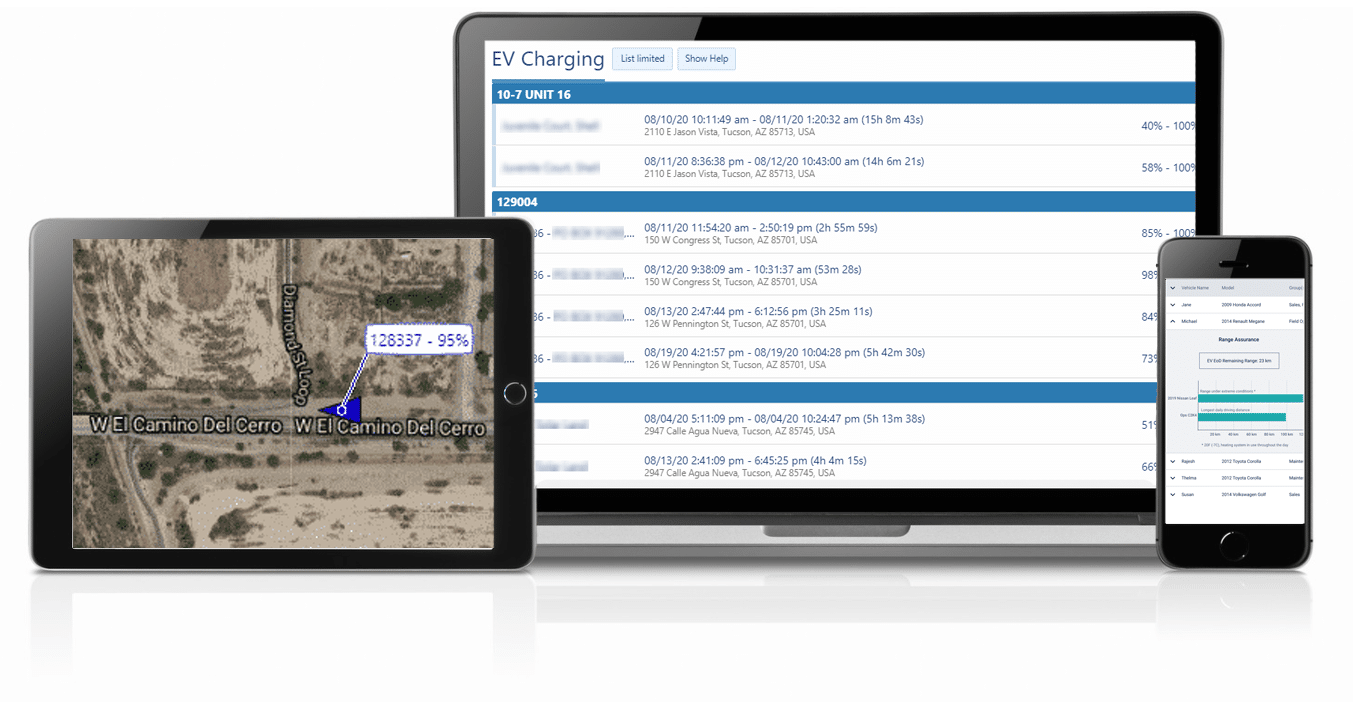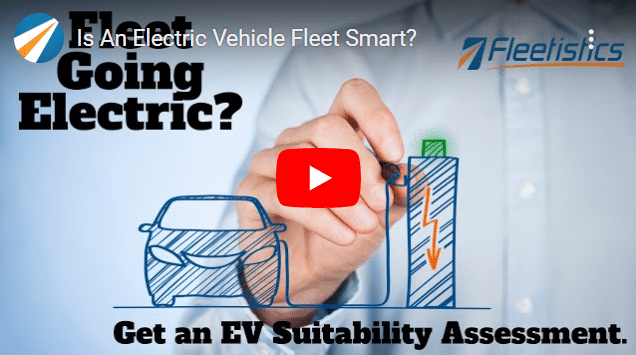Based on the Actual Cost of EV Ownership, Is it worth it?
As electric vehicles (EVs) zoom into the mainstream, more managers are considering: what’s the real cost of owning them? With the promise of lower emissions and a greener planet, it’s no wonder EVs are gaining traction. But let’s dive into the nitty-gritty of costs involved—because when it comes to your company bottom line, it pays to be informed!
Upfront Costs
Purchase Price:
EVs have made significant strides in affordability, but they often still carry a higher sticker price compared to traditional gas-powered vehicles. The average cost of an EV is around $60,000, while many gas cars can be found for significantly less. Trucks will run a bit more, however, don’t forget about the federal tax credits and state incentives that can take a bite out of that price tag. Depending on where you are located, you might find savings that make an EV a more attractive option!
Financing Options:
If you plan to finance your EVs, keep in mind that some lenders offer special terms for electric vehicles, which could include lower interest rates. Shopping around can really pay off!
Charging Costs
Home Charging:
If employees take vehicles home, and you’re lucky enough to have employees with a garage or covered area suitable for a level 2 charger, charging at home can be a game changer. The cost of a Level 2 home charger installation ranges from $500 to $2,000. Then there’s the electricity bill—charging at home typically costs about $0.13 per kWh, which means charging an EV can be as cheap as $3 to $5 for a full charge, depending on the vehicle’s battery size.
Now, you need to determine how to validate how much of their home electric bill is used for company vehicle charging to get them reimbursed. This aspect of the cost of EV ownership may become a challenge.
Public Charging:
Can your business rely on public charging stations? Prices can vary widely, with some networks charging by the minute or session. If public charging is available and convenient in areas your drivers frequent, it’s worth checking out subscription models that can provide unlimited charging for a monthly fee. Remember, time spent charging is is time your driver is not generating revenue.
Workplace Facility Charging:
Your company investment in charging infrastructure is more difficult to assess in the total cost of EV ownership. How many chargers are needed will depend on how many EVs are deployed and how much space is available for on site charging stations. If charging needs to occur only after normal work hours, how will you accomplish rotating vehicles through the available charging stations? Will you need a graveyard shift employee to facilitate overnight charging?

Maintenance and Repairs Contribution to the Cost of EV Ownership
Lower Maintenance Costs:
One of the perks of owning an EV is the lower maintenance costs. With fewer moving parts, you’ll skip out on oil changes, fuel filters, and exhaust system repairs. Most EVs require less frequent servicing, which can add up to significant savings over time.
Battery Replacement:
That said, battery replacement can be a big concern. Most EV batteries are designed to last between 8 to 15 years. However, they can be pricey to replace, often costing several thousand dollars. Luckily, many manufacturers offer long warranties (typically around 8 years or 100,000 miles) that cover the battery.
Fuel Savings
Electric vs. Gasoline:
When it comes to fuel costs, EVs have a clear advantage. The average American spends about $1,500 a year on gasoline. With electricity costing much less per mile, you could save hundreds—if not thousands—over the lifetime of your vehicle.
Range and Efficiency:
Today’s EVs boast impressive ranges, often exceeding 250 miles on a full charge. For vehicles that do not put on lots of miles, this can mean charging just once a week or less. Less frequent charging means less hassle and more savings! But most company vehicles are driven far more than that and will likely need to be charged daily. The hassle of frequent charging will exclude some company vehicles from being appropriate to replace with electric.

Resale Value
Depreciation:
Historically, EVs have depreciated faster than gas cars, but that trend is changing. As demand grows, many models are holding their value better. It’s worth researching specific makes and models to see how they perform in the resale market. Any assessment undertaken should include how depreciation will affect your cost of EV ownership.
Future Trends:
As more people embrace electric driving, the market for used EVs is expected to expand. This could positively impact resale values, making your investment even more worthwhile.
Conclusion – Is Transitioning to Electric Vehicles Feasible?
The answer depends on your company circumstances, distances driven, charging availability, and corporate values. While the upfront costs may be higher, the long-term savings on fuel and maintenance can make it a smart financial decision. Plus, driving an EV contributes to a more sustainable future, which is priceless in its own right!
What are your thoughts on EV ownership? Have you made the switch, or are you considering it? Would an EV Suitability Assessment be helpful?











